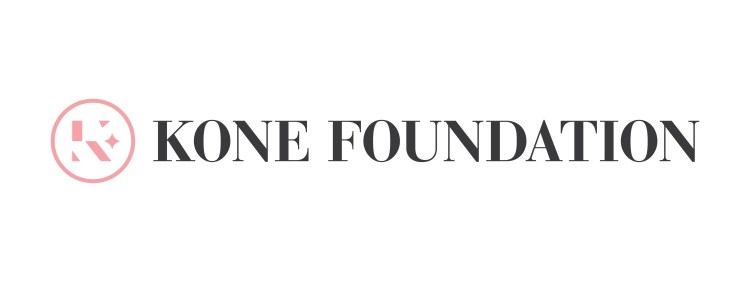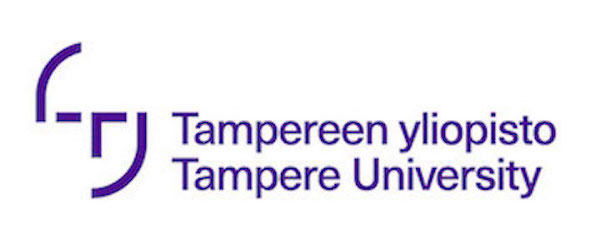
The study examines how the inner truth of individuals is rendered an object of evaluation by public officials and experts.
We focus on three cases:
- the diagnostic process that individuals seeking gender-affirming treatment undergo
- the evaluation of whether an asylum seeker claiming to have converted from one religion to another has truly changed their beliefs and
- the assessment of an asylum seeker’s sexual orientation/gender identity.
While these cases are in some ways widely different, from the perspective of our study, they share some common features. First, they all concern personal experiences and emotions that are extremely difficult to assess by other people. Second, in each case, the evaluative practices are highly contested by various actors in society. Third, there is asymmetrical power relationship between the evaluator and the person being assessed. This means that the individual being evaluated is in a weaker position and holds less power with regard to the outcome of the process.
By focusing on these three cases, which have not been previously analysed together, our research provides a much-needed critical perspective on the evaluative practices that experts use to assess the inner truth of individuals. We analyze the expert authority, technologies of evaluation and testimonial practices involved in the assessment processes. We do not try to evaluate people’s sexuality, gender, or faith. In each case, we are interested in analysing the evaluation process itself and people’s experiences of it – not whether the experts or the people being evaluated are right or wrong. It is important to make visible different aspects and viewpoints involved in the processes, which affect so many lives.
It is crucial to examine the evaluation processes, as the experts involved are entrusted with power to make far-reaching decisions regarding people’s lives in cases that defy objective criteria. The results of this project are vital for combating discrimination based on gender, religion and sexual orientation. Transparency in decision-making concerning the inner truth of individuals is needed for a social change and developing ethically sustainable evaluation criteria. This is also important because the officials making the decisions are currently put in extremely challenging situations.
The data in the study include:
- official guidelines and forms used in the evaluations,
- audio recordings of the evaluation proceedings,
- interviews with individuals under evaluation and the authorities conducting evaluations,
- public debates concerning the assessments and the expertise of the evaluators.
Theoretically the study brings together three emerging strands of sociological scholarship that have not previously been in dialogue with each other: epistemic governance, sociology of valuation and evaluation, and epistemic injustice and vulnerability. These frameworks offer tools for concurrently analyzing the three scenes of evaluation: the national public sphere, the institution, and the evaluation room.



